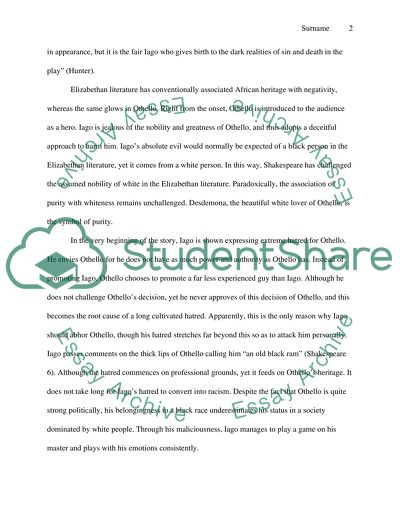Cite this document
(“The theatrical purpose of Othello's blackness Research Paper”, n.d.)
Retrieved from https://studentshare.org/literature/1420506-shakespeare-s-othello
Retrieved from https://studentshare.org/literature/1420506-shakespeare-s-othello
(The Theatrical Purpose of Othello'S Blackness Research Paper)
https://studentshare.org/literature/1420506-shakespeare-s-othello.
https://studentshare.org/literature/1420506-shakespeare-s-othello.
“The Theatrical Purpose of Othello'S Blackness Research Paper”, n.d. https://studentshare.org/literature/1420506-shakespeare-s-othello.


